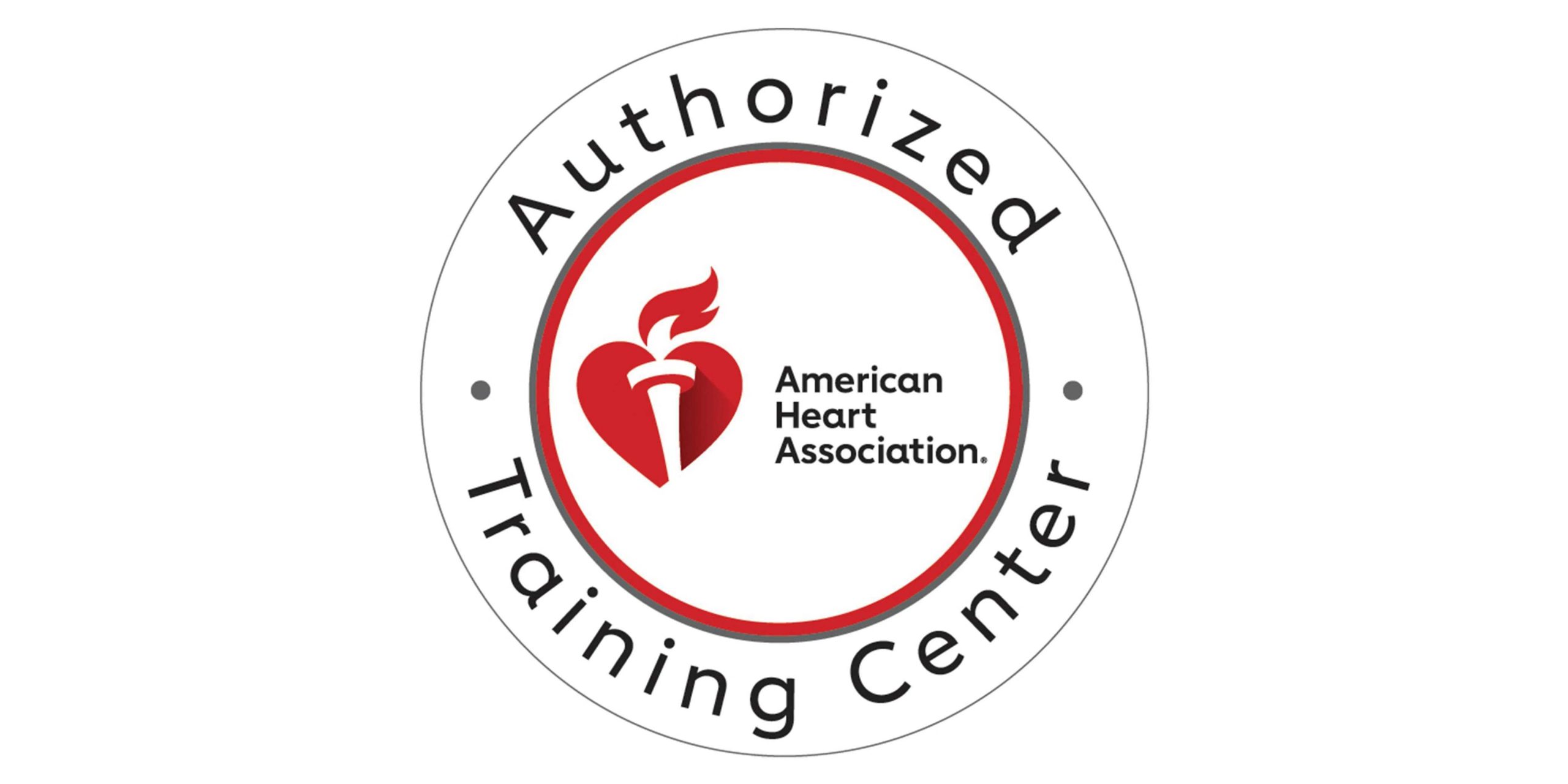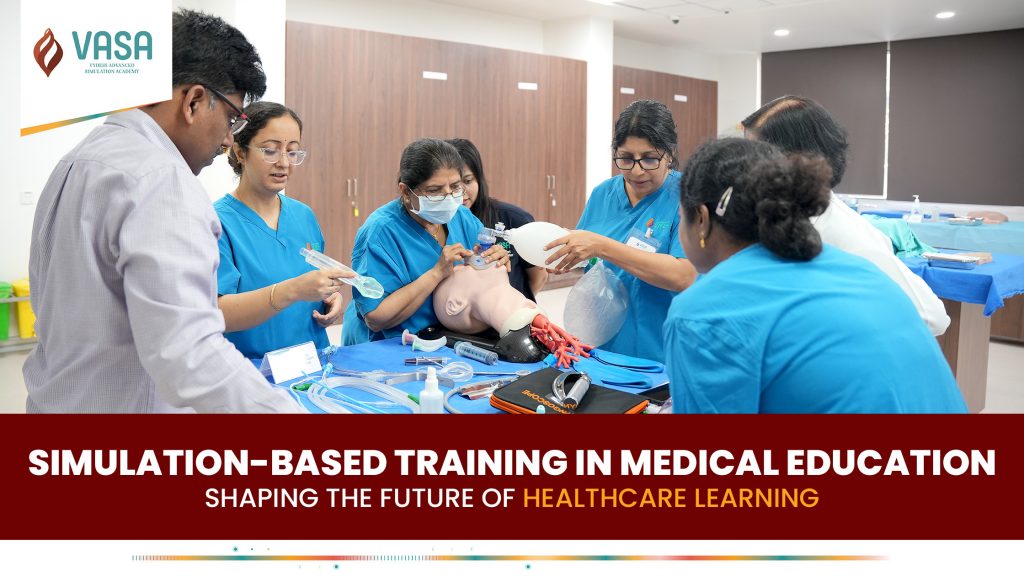In the dynamic world of healthcare, simulation-based training in medical education has become a revolutionary approach to preparing future doctors, nurses, and healthcare professionals. By combining technology, realism, and experiential learning, simulation-based learning in medical education bridges the gap between theoretical knowledge and real-world clinical experience.
At Vydehi Advanced Simulation Academy (VASA), this approach plays a central role in developing clinical competence, critical thinking, and teamwork among healthcare learners.
The Impact of Simulation-Based Training in Medical Education
The impact of simulation-based training in medical education is evident in how effectively it enhances clinical performance and patient safety. Instead of learning solely from live patients, learners can now engage in simulated scenarios — replicating real-life medical conditions with precision.
Simulation allows students to make clinical decisions, perform procedures, and handle emergencies without the fear of causing harm. This leads to:
- Improved clinical confidence and technical accuracy
- Reduced medical errors
- Enhanced communication and decision-making skills
- Better preparedness for real patient interactions
At VASA, simulation modules are designed to provide realistic, hands-on experiences using high-fidelity manikins and advanced virtual systems, ensuring a complete, immersive learning environment.
Types of Simulation in Medical Education
There are various types of simulation in medical education, each designed to meet specific learning goals:
- Low-Fidelity Simulation: Basic models for practicing fundamental skills like IV insertion or suturing.
- High-Fidelity Simulation: Life-like manikins that mimic human responses such as breathing, pulse, and bleeding.
- Virtual Reality (VR) Simulation: Immersive 3D environments where learners interact with digital patients and scenarios.
- Standardized Patients: Trained actors who simulate medical conditions for improving communication and diagnosis.
- Task Trainers: Tools focused on specific skills, like airway management or cardiac resuscitation.
By integrating these models, institutions like VASA offer a holistic training experience, ensuring both technical and interpersonal skill development.
The Early Use of Simulation in Medical Education
The early use of simulation in medical education dates back several decades, but its adoption has surged in recent years with technological advancement. Initially, simulation was limited to basic models and mannequins. Today, it encompasses sophisticated high-fidelity simulators, virtual reality platforms, and AI-driven patient responses — making learning more interactive and effective.
VASA has been at the forefront of introducing simulation-based training in healthcare, blending innovation with experiential learning to strengthen medical education standards in India and beyond.
Pros and Cons of Simulation in Medical Education
Like any teaching method, simulation-based learning has both advantages and limitations.
Pros:
- Safe environment for practice and error correction
- Enhances practical knowledge and decision-making
- Encourages teamwork and leadership skills
- Improves patient safety and care standards
Cons:
- High initial setup cost for equipment and technology
- Requires skilled faculty for effective facilitation
- May not fully replicate the emotional complexity of real patients
Despite these challenges, the benefits of simulation-based training in healthcare far outweigh the drawbacks, especially when integrated with strong mentorship and curriculum support.
Conclusion
Simulation-based training in medical education has redefined how future healthcare professionals are trained. By merging technology with experiential learning, it equips learners with the confidence and competence needed in real clinical environments.
At Vydehi Advanced Simulation Academy (VASA), our mission is to advance simulation-based learning in medical education through innovation, technology, and excellence. From high-fidelity simulations to virtual reality experiences, VASA empowers students and professionals to deliver superior patient care — one simulation at a time.
Empowering Healthcare Through Simulation
Join our training programs to build confidence, competence, and clinical excellence in real-life scenarios.
View Programs



